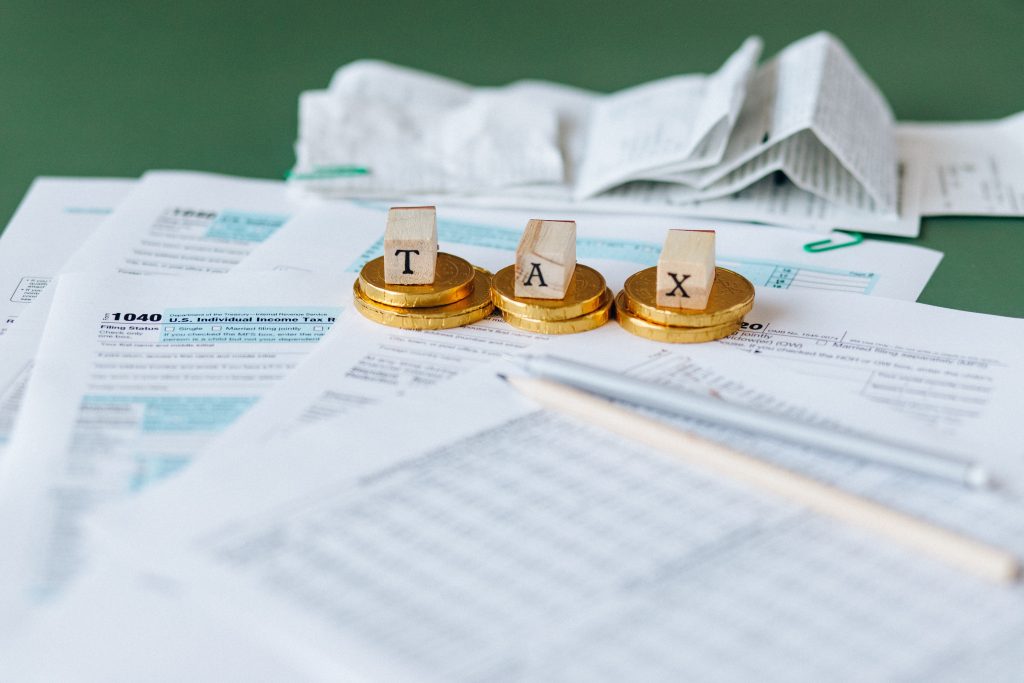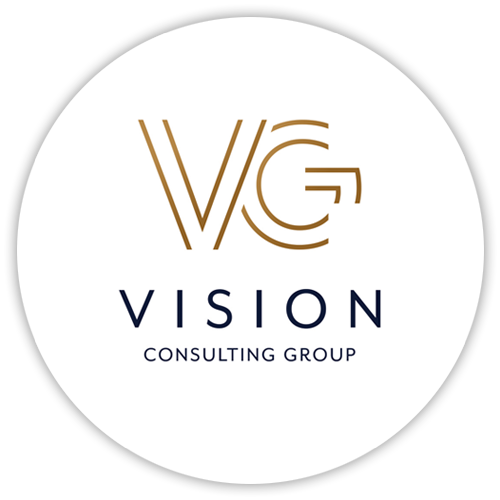
A series of reforms and changes will commence on 1 July 2022. Here’s what is coming up:
For Your Business

Superannuation guarantee increase to 10.5%
The Superannuation Guarantee (SG) rate will rise from 10% to 10.5% on 1 July 2022 and will continue to increase by 0.5% each year until it reaches 12% on 1 July 2025.
If you have employees, what this will mean depends on your employment agreements. If the employment agreement states the employee is paid on a ‘total remuneration’ basis (base plus SG and any other allowances), then their take home pay might be reduced by 0.5%. That is, a greater percentage of their total remuneration will be directed to their superannuation fund. For employees paid a rate plus superannuation, then their take home pay will remain the same and the 0.5% increase will be added to their SG payments.
$450 super guarantee threshold removed
From 1 July 2022, the $450 threshold test will be removed and all employees aged 18 or over will need to be paid superannuation guarantee regardless of how much they earn. It is important to ensure that your payroll system accommodates this change so you do not inadvertently underpay superannuation.
For employees under the age of 18, super guarantee is only paid if the employee works more than 30 hours per week.
Lowering tax instalments for small business – PAYG
PAYG instalments are regular prepayments made during the year of the tax on business and investment income. The actual amount owing is then reconciled at the end of the income year when the tax return is lodged.
Normally, GST and PAYG instalment amounts are adjusted using a GDP adjustment or uplift. For the 2022-23 income year, the Government has set this uplift factor at 2% instead of the 10% that would have applied. The 2% uplift rate will apply to small to medium enterprises eligible to use the relevant instalment methods for instalments for the 2022-23 income year:
- Up to $10 million annual aggregated turnover for GST instalments, and
- $50 million annual aggregated turnover for PAYG instalments
The effect of the change is that small businesses using this PAYG instalment method will have more cash during the year to utilise. However, the actual amount of tax owing on the tax return will not change, just the amount you need to contribute during the year.
Trust distributions to companies
The ATO recently released a draft tax determination dealing specifically with unpaid distributions owed by trusts to corporate beneficiaries. If the amount owed by the trust is deemed to be a loan then it can potentially fall within the scope of the integrity provisions in Division 7A. If certain steps are not taken, such as placing the unpaid amount under a complying loan agreement, these amounts can be treated as deemed unfranked dividends for tax purposes and taxable at the taxpayer’s marginal tax rate. The ATO guidance deals specifically with, and potentially changes, when an unpaid entitlement to trust income will start being treated as a loan depending on the wording of the resolution to pay a distribution. The new guidance applies to trust entitlements arising on or after 1 July 2022.
For You

Home loan guarantee scheme extended
The Home Guarantee Scheme guarantees part of an eligible buyer’s home loan, enabling people to buy a home with a smaller deposit and without the need for lenders mortgage insurance. An additional 25,000 guarantees will be available for eligible first home owners (35,000 per year), and 2,500 additional single parent family home guarantees (5,000 per year).
For Your Superannuation
Work-test repeal – enabling those under 75 to contribute to super
Currently, a work test applies to superannuation contributions made by people aged 67 or over. In general, the work test requires that you are gainfully employed for at least 40 hours over a 30 day period in the financial year.
From 1 July 2022, the work-test has been scrapped and individuals aged younger than 75 years will be able to make or receive non-concessional (including under the bring-forward rule) or salary sacrifice superannuation contributions without meeting the work test, subject to existing contribution caps.
The work test will still apply to personal deductible contributions. This change will also see those aged under 75 be able to access the ‘bring forward rule’ if your total superannuation balance allows. The bring forward rule enables you to contribute up to three years’ worth of non-concessional contributions to your super in one year.
Downsizer contributions from age 60
From 1 July 2022, eligible individuals aged 60 years or older can choose to make a ‘downsizer contribution’ into their superannuation of up to $300,000 per person ($600,000 per couple) from the proceeds of selling their home. Currently, you need to be 65 years or older to utilise downsizer contributions.
Downsizer contributions can be made from the sale of your principal residence that you have owned for the past ten or more years. These contributions are excluded from the age test, work test and your total superannuation balance (but not exempt from your transfer balance cap).
First home saver scheme – using super to save for a first home
The First Home Super Saver Scheme enables first home buyers to withdraw voluntary contributions they have made to superannuation and any associated earnings, to put toward the cost of a first home. At present, the maximum amount of voluntary contributions you can make and withdraw is $30,000. From 1 July 2022, the maximum amount will increase to $50,000. The benefit of this scheme is the concessional tax treatment of superannuation.
Get Your Business Records Ready for Your Tax Return 2022

Organising your documents now will mean you can get your tax return completed earlier and access any refunds due or start planning for tax payments.
Getting your business records up to date and accurate will allow us to work with you proactively to plan for the coming year, which will continue to be unusual (and possibly difficult) for many. It will also be one less thing to do when your normal business activity resumes later in the year!
What Records do you Need to Have Ready for the Tax Agent?
- Have you bought or sold assets? If so, you need full details of acquisitions and disposals.
- Have you taken out a new loan or other finance? You must have details of the finance arrangements and statements of monies owing at 30 June.
- Check that any bonds or deposits paid or received have been allocated correctly.
- Have you prepaid for insurance or other large business expenses that need to be apportioned to the following financial year? Make note of the portion applicable to the current financial year.
- Do you carry stock? If so, you need to perform a full stocktake at 30 June (unless you qualify for the simplified trading stock rules).
- List any doubtful or bad debts to be written off.
- Review your debtors and creditors (accounts payable and receivable). Is the list current and correct?
- Do you have loans with related entities? Reconcile the loans to and from each entity to ensure the same value is reported in the accounts of both entities.
- Ensure that all payments to company directors have been correctly captured. Talk to us now if you want to make director payments before 30 June.
- Provide records of any government grants received for COVID-19 or natural disaster impacts on your business.
- Gather records of any COVID-19 related benefits that were provided to staff this financial year as there may be fringe benefits implications.+-
- If contact details of business owners and key personnel have changed let us know.
We will let you know if there are other matters to discuss with us before completing your tax return, such as cryptocurrency transactions, capital gains, vehicle usage, private usage apportionment or superannuation. This year, there may also be new elements to discuss if you have received grants, refunds, credits or deferrals of business expenses and liabilities.
Remember you need to keep all your business records for seven years, so store everything securely and where possible electronically for safety and ease.
Once you have all your records for the 2022 financial year, make an appointment with us to schedule in your tax return for prompt lodgement.


